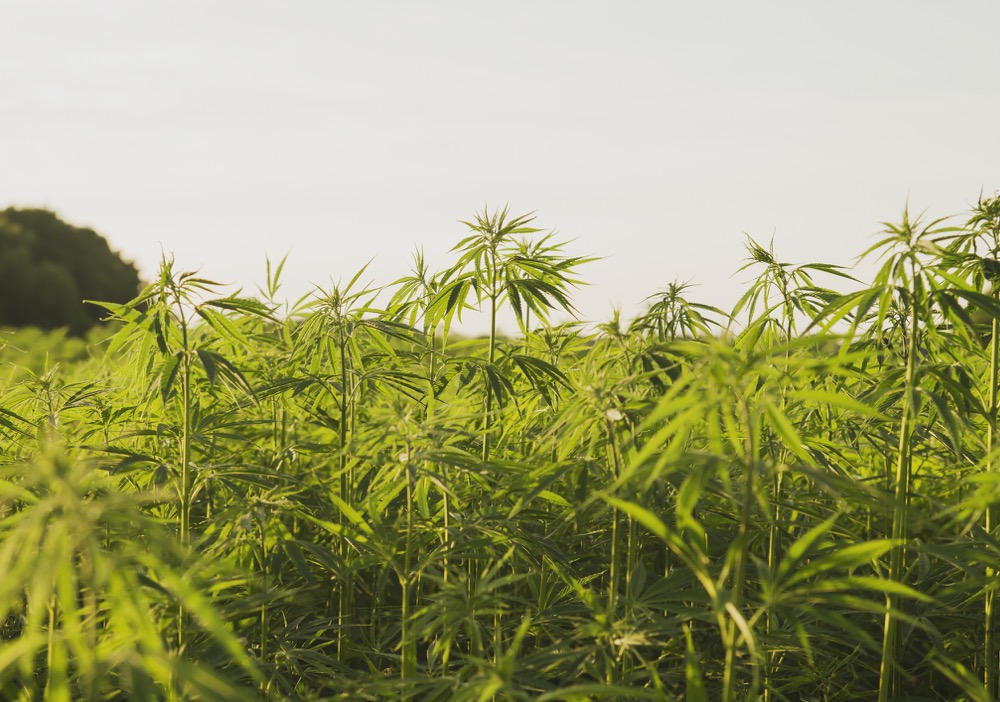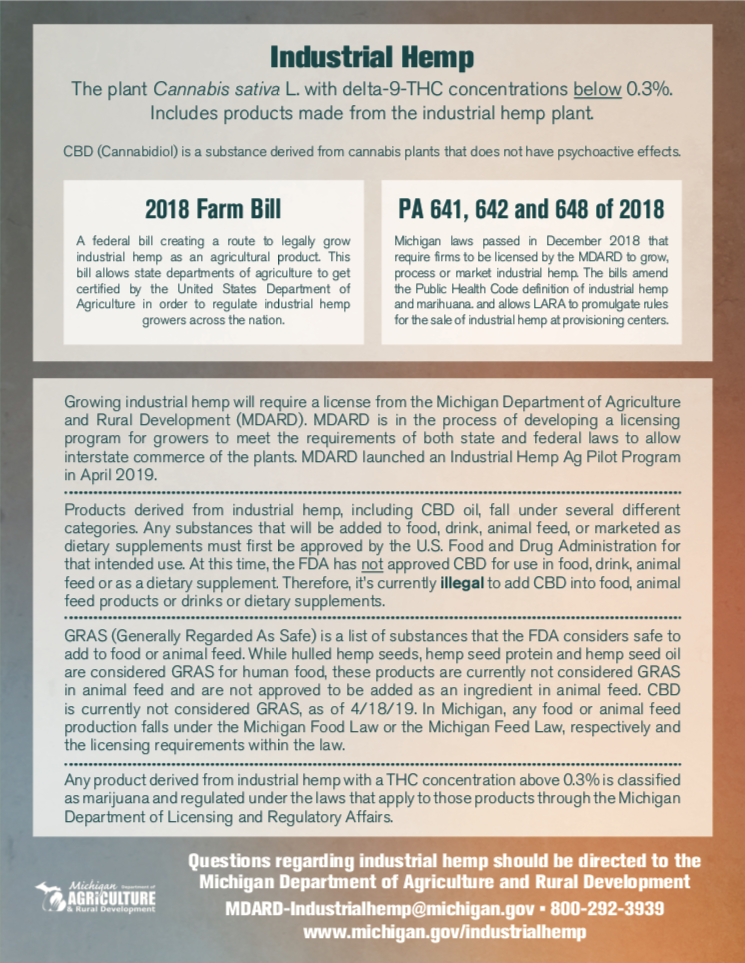Three Economic Benefits of the Hemp Industry

As a dominant crop in the colonial times, hemp is a renewable resource that refines into textiles, paper, beauty products and more. However, the industry’s steam diminished with the passage of the Marihuana Tax Act of 1937. With the government’s heightening fears about marijuana (see “Reefer Madness” [1936]), all forms of cannabis sativa plants – including industrial hemp – were taxed and later outlawed under the Controlled Substances Act of 1970.
However, there is a growing nationwide acceptance towards cannabis and hemp, with more people interested in cbd products than ever before – this has lead to a high demand for CBD and hemp products. Unlike marijuana, hemp does not have psychoactive components (having only .3% THC or less), and can be used for a wide variety of items. And, if these CBD sales statistics are anything to go by, the demand for CBD products is clearly going to continue to be there, and possibly to even grow, so there will need to be as much supply as possible to make sure that those who want – or rely – on these products will be able to access them at all times.
With greater understanding as to its economic power and difference from marijuana, the federal government legalized industrial hemp in the 2018 Farm Bill. With this new federal legalization, states are quickly adopting programs for hemp cultivation and processing. In April 2019, Gov. Whitmer and the Michigan Department of Agriculture and Rural Development (MDARD) launched an Ag pilot program for interested hemp farmers. Listed below are three of the many economic benefits associated with hemp farming.
1. Creation of hemp farming jobs
In 2013, Rep. Thomas Massie (R-KY) praised the economic benefits of hemp farming for local family farms, saying: “Industrial hemp is a sustainable crop and could be a great economic opportunity for Kentucky farmers…. Tobacco is no longer a viable crop for many of us in Kentucky and we understand how hard it is for a family farm to turn a profit. Industrial hemp gives small farmers another opportunity to succeed.” As of now, 24 states in the United States possess legal hemp farming industries. Due to the plant’s versatility, the job demand is expected to double by 2022. The industry needs accountants, lawyers, transporters, insurance experts and more to keep up. As a newly revived industry, the hemp industry already boasted $1.1 billion in revenues in 2018.
2. Cost-effectiveness of hemp cultivation
- Sustainable and low-cost fuel
- Lower water usage (ex: 5,000 gallons produces 2.2 pounds of cotton, 700 gallons
- produces 2.2 pounds of hemp)
- Hemp paper more durable and longer-lasting than common computer paper
- Less expensive substitute for soy products
- Cheaper alternative to wood for construction projects
Unlike many popular crops restricted to states with ideal growing conditions, hemp is able to grow in any state. While the “ideal” conditions consist of a mild climate with solid soil drainage, hemp is known as a hardy, tolerable plant that grows annually. Since the crop is typically planted densely, farmers are able to harvest more hemp per farmland acre. Hemp can yield 20 plants per square foot, thus generating more product with less space. Flexible growing conditions significantly contribute to the widespread success of the hemp industry. In turn, this correlates with every associated economic benefit: cost-effectiveness, job creation, environmental conservation, and more.
3. Impact on consumer economy
As briefly mentioned above, industrial hemp is useful in creating many products such as:
- Paper
- Wood
- Soy substitute
- Auto manufacturing parts
- Beauty and skincare products
- Clothing
- Rope
- Food and beverages (i.e. hemp milk)
- CBD products
- Fuel
- Batteries
The list is endless. The hemp industry covers many consumer concerns, needs and wants. By having the ability to influence so many areas of the consumer economy, the hemp industry is uniquely positioned to potentially increase the United States’ GDP. So if any run-off business that uses hemp for specific products such as skincare (mentioned above), they will look to Private Label Skin Care manufacturers, as well as other areas in the industry, to make sure that they are producing quality product for the consumer and sticking with regulations. This is, of course, if more states jump on board with introducing hemp into common consumer products.
What’s next for Michigan’s hemp industry?
Since the industry is newly revived not just in Michigan, but across the United States, it’s hard to say for sure what’s exactly next for the hemp industry. However, Michigan residents should expect further regulations regarding operations, municipalities and compliance moving forward. If you’d like to learn how to participate in Michigan’s industrial hemp regulatory programs, develop trademark protections for your business or establish a regulatory compliance plan, Cannabis Legal Group is here to help.
Our experienced attorneys help? you structure your brand strategy to anticipate and develop protection options in this emerging industry.
Categories
Cannabis Legal Group Free Consultation
Get in Touch With Michigan's Most Trusted Cannabis Law Firm
We’ve Been Helping Michigan Marijuana Businesses Lay the Groundwork for Long-Term Security and Success for Years, and We Can Help You, Too.
Phone Number:
(248) 301-0626
© Cannabis Legal Group. All rights reserved.


